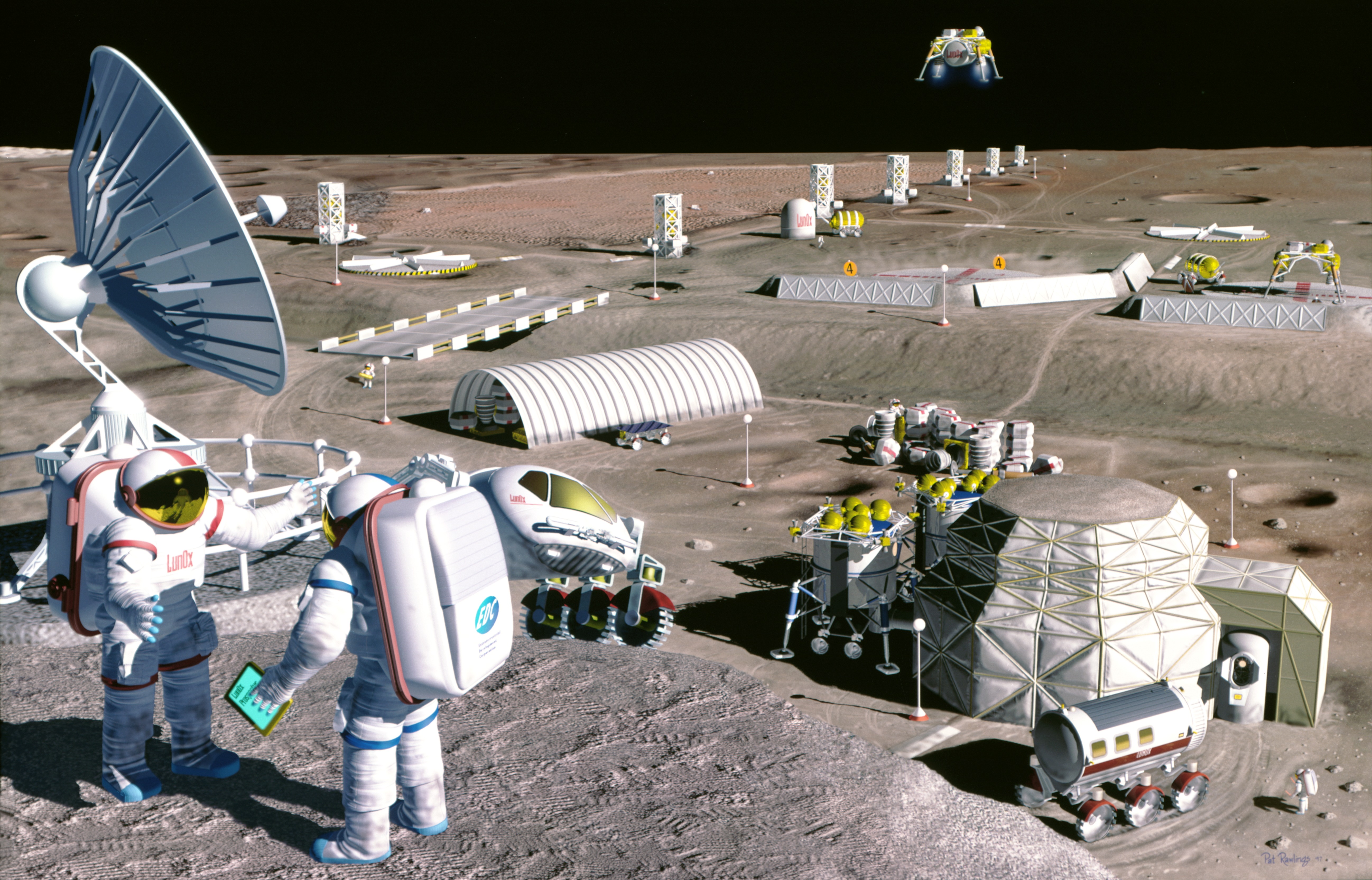SOURCE: AFI

In a compelling statement, ISRO Chairman S Somanath emphasized the imperative of exploring other planets and celestial bodies for potential human habitation, underscoring the inherent spirit of exploration ingrained within humanity. His remarks, delivered on Saturday, shed light on the pressing need to expand our understanding of the cosmos and consider alternative habitats beyond Earth.
Somanath’s assertion that the exploration of other planets should commence while Earth remains habitable reflects a forward-thinking approach to space exploration. It underscores the importance of proactive measures to ensure the long-term survival and sustainability of humanity. By venturing beyond the confines of our home planet, humans can broaden their horizons and unlock new frontiers in science, technology, and civilization.
The ISRO chairman’s perspective resonates with humanity’s innate curiosity and thirst for discovery. Throughout history, humans have ventured into the unknown, driven by a desire to unravel the mysteries of the universe and push the boundaries of knowledge. Somanath aptly characterizes humans as natural explorers, highlighting our instinctual inclination to seek out new territories and expand our understanding of the cosmos.
Central to Somanath’s vision is the exploration of life beyond Earth. The quest to study extraterrestrial life forms and assess the potential for migration represents a pivotal frontier in space exploration. By probing the diverse environments of other planets and moons, scientists can glean invaluable insights into the origins and evolution of life in the universe. Moreover, the prospect of human migration to other celestial bodies holds profound implications for the future of our species, offering a potential safeguard against existential risks and planetary crises.
Somanath’s call to prioritize the study of our solar system’s constituents underscores the importance of systematic exploration. By comprehensively cataloging and understanding the myriad bodies within our celestial neighborhood, scientists can lay the groundwork for future missions and expeditions. From the icy moons of Jupiter to the enigmatic terrain of Mars, each celestial body offers unique opportunities for scientific inquiry and exploration.
Beyond our solar system, the exploration of exoplanets represents a tantalizing frontier in the search for habitable worlds. With advancements in telescopic technology and exoplanet detection methods, astronomers have identified thousands of exoplanets orbiting distant stars. These alien worlds hold the potential to harbor life and offer insights into the diversity of planetary systems across the cosmos. Somanath’s advocacy for studying exoplanets underscores the importance of casting our gaze beyond the confines of our immediate cosmic neighborhood.